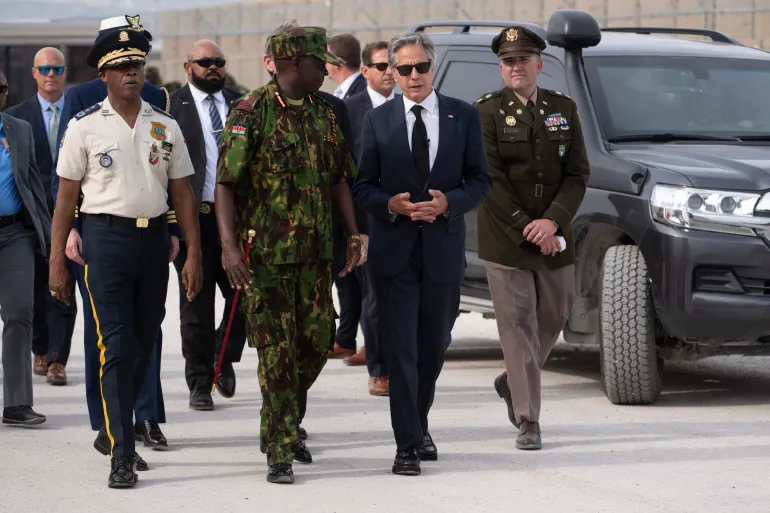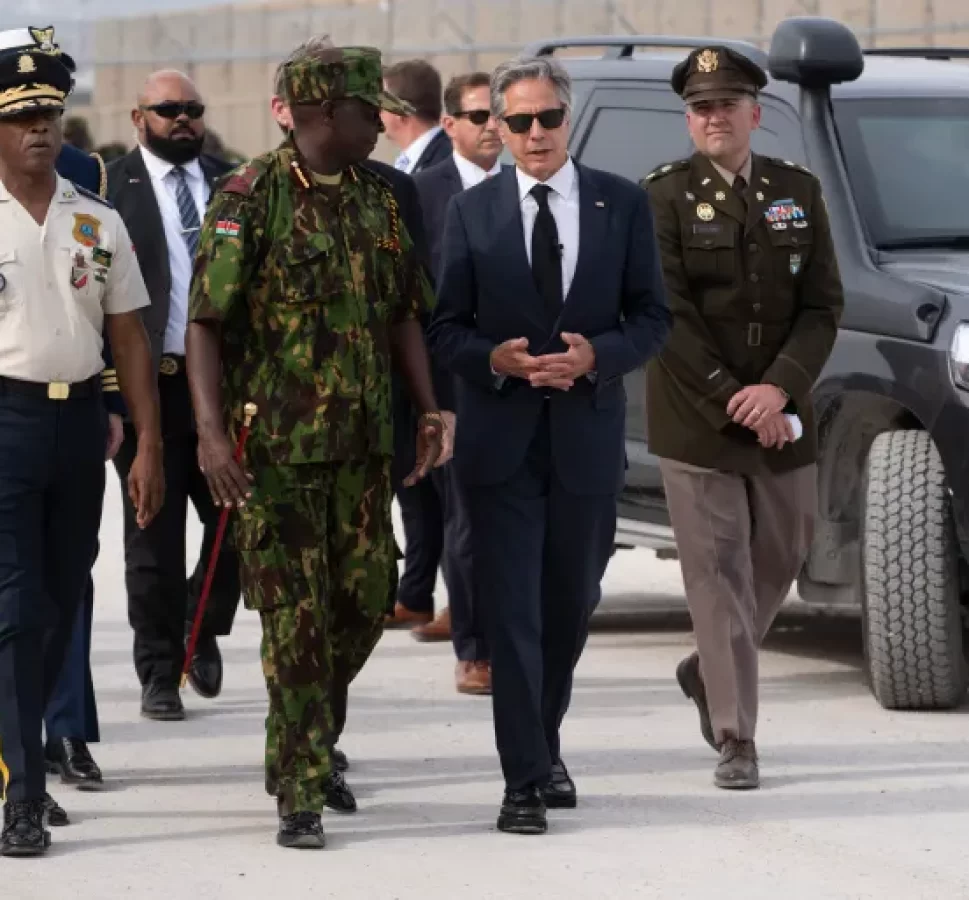
Country is mired in political strife with international peacekeepers drafted in to restore stability.
Haiti’s government has set up a provisional electoral council to prepare the troubled Caribbean country for its first general elections since 2016.
The electoral council represents groups including farmers, journalists, human rights activists and the Vodou community and is tasked with setting up a legal framework for elections and organising the poll, which is due to be held by 2026.
The council created on Wednesday has seven members, the prime minister’s office said on social media platform X.
Two other seats, one for human rights groups and another for women’s rights organisations, still lack a delegate, the office added.
Smith Augustin, a member of the country’s transitional presidential council, told The Associated Press news agency that the remaining members would probably be announced in the coming days. By law, the council must have nine members.
Haiti’s shaky political situation has been exacerbated by a power that emerged following the assassination of President Jovenel Moise in 2021 and has not had a president since.
Armed gangs have also spread their control over some 80 percent of the capital Port-au-Prince and most other parts of the nation.
A previous electoral council was dissolved in 2021 under former Prime Minister Ariel Henry, who took office after Moise’s death but was forced out of his post earlier this year.
In Haiti, executive power is meant to be split between the president and the prime minister. The interim government in May tapped Garry Conille as prime minister.
Only Kenya and Jamaica have so far deployed forces to Haiti as part of the United Nations-backed anti-gang offensive, which is set to expire at the start of October if its mandate is not renewed later this month.
The mission could also be converted into a formal UN peacekeeping operation, which would ensure funding and the longevity of the mission, a draft resolution showed.






